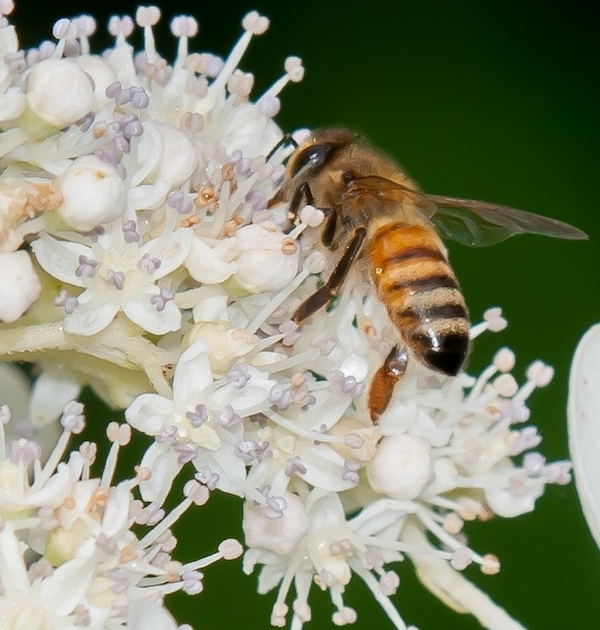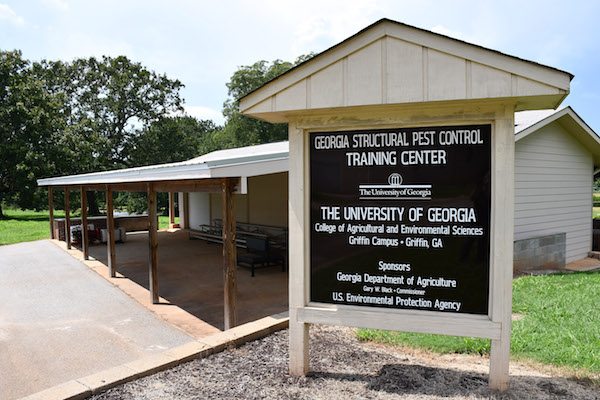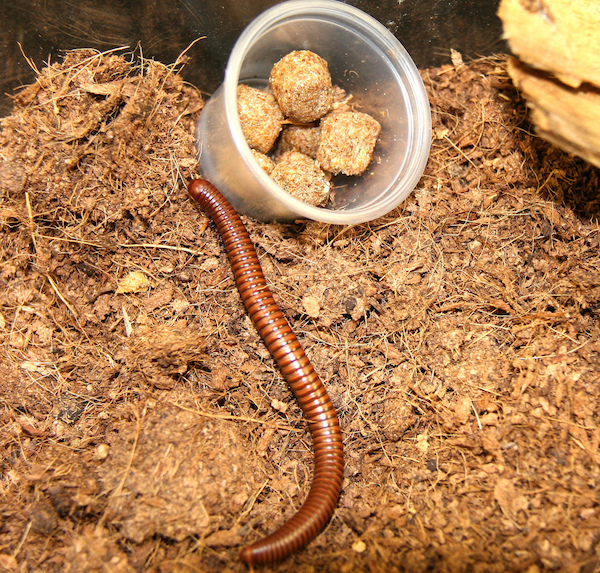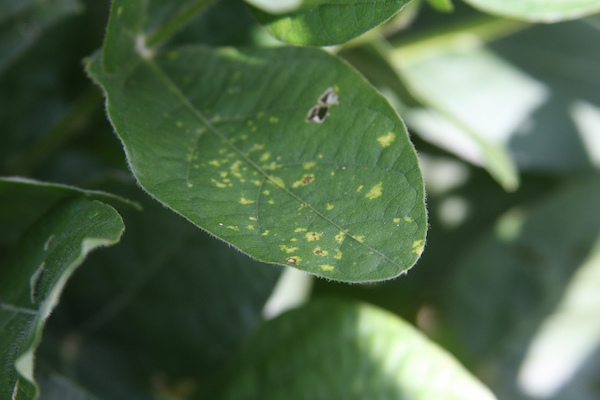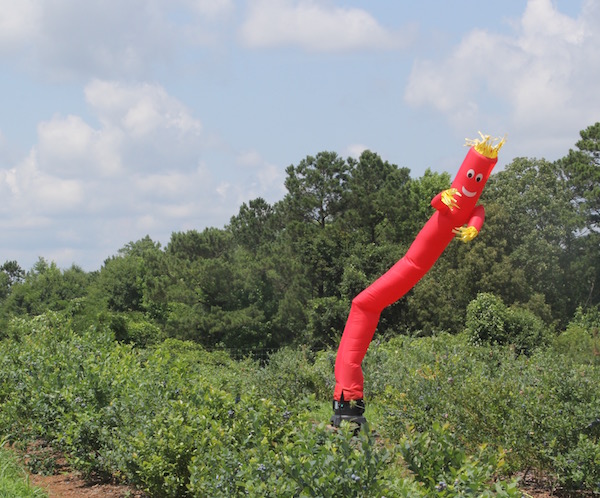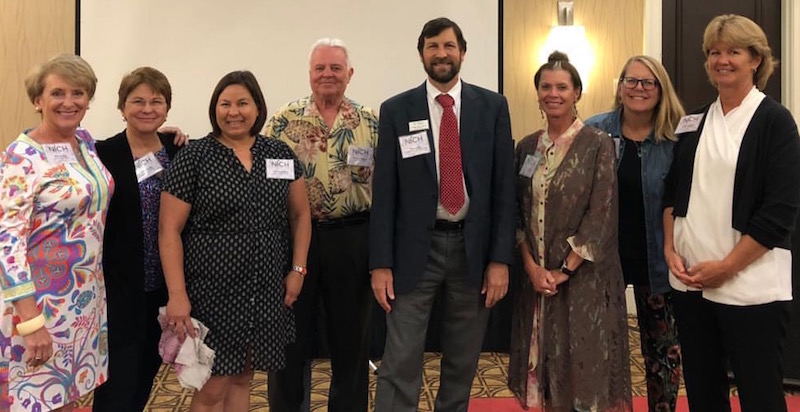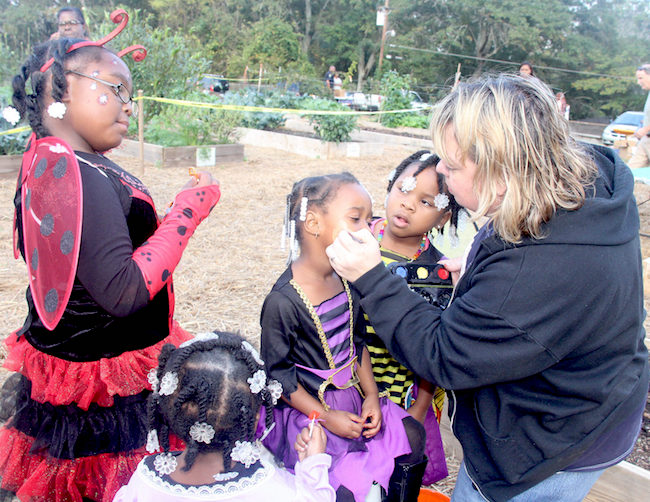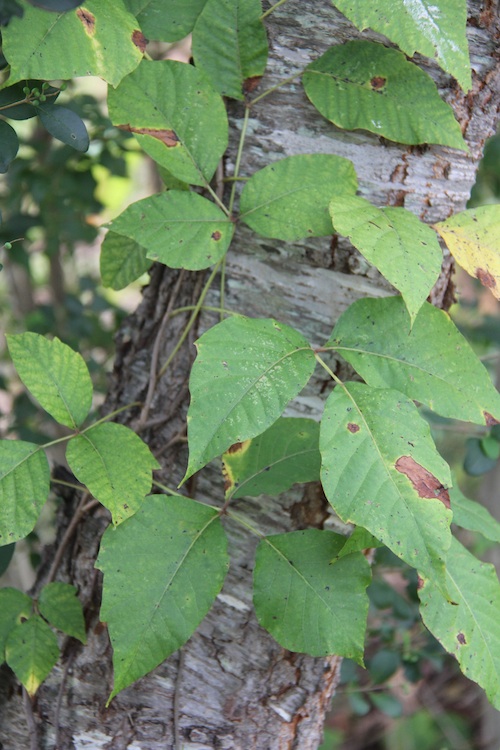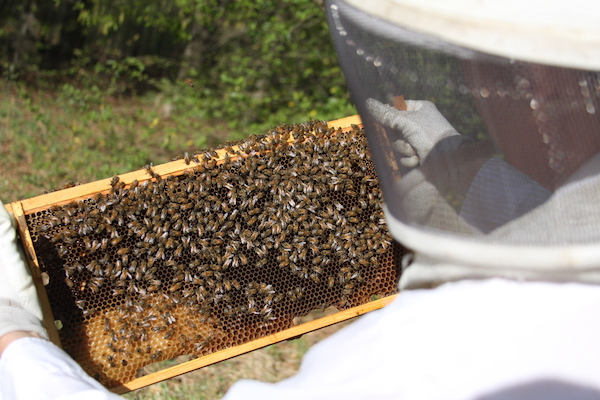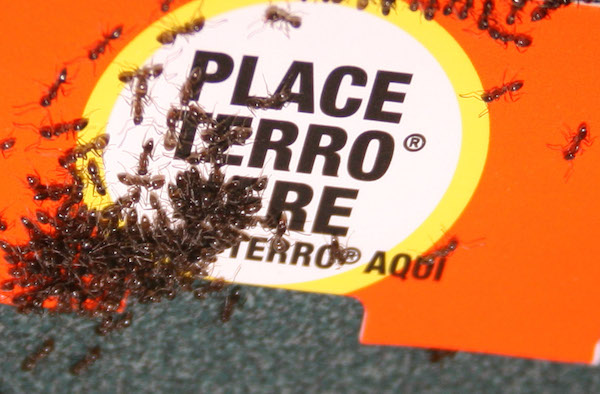 CAES News
CAES News
Insect ID
Have you ever spotted a bug in your house and not known what it was? The University of Georgia Structural Pest Management Program (SPM) hosts annual integrated pest management (IPM) workshops focused on the home to help pest control operators identify and manage household pests.

